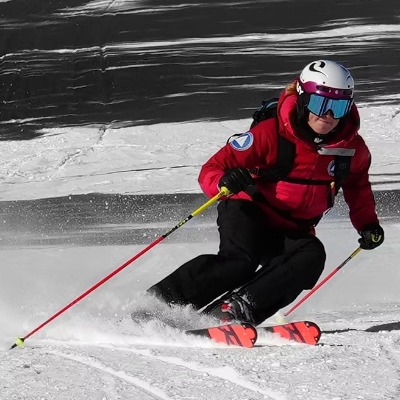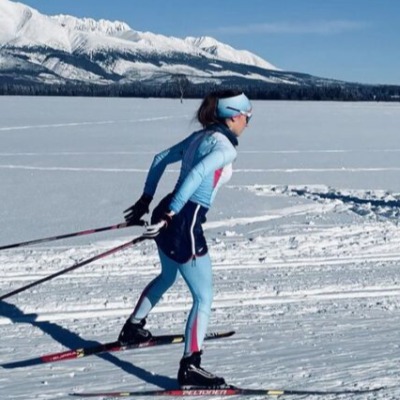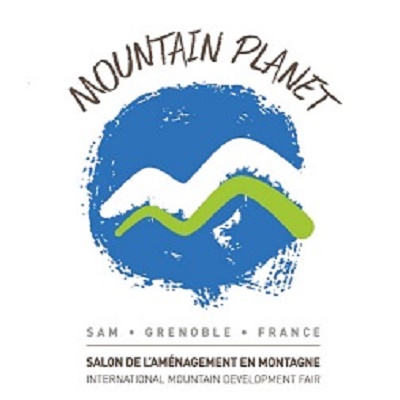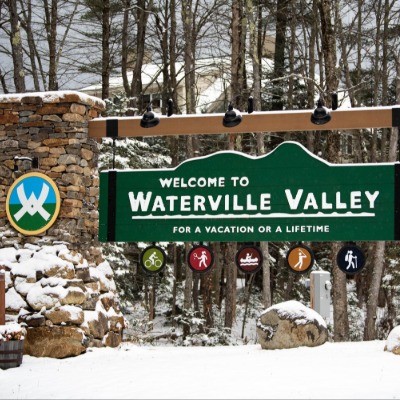Tyrolean Cable Car Day 2025 In Alpbach Highlights Cable Cars As The Heart Of The Alpine Region

With technical innovations, scientific input, and a clear communication strategy, the Tyrolean cable cars set the course for the future at the Tyrolean Cable Car Day 2025 in Alpbach. The industry is starting the winter with optimism and can look forward to consistent demand.
The first part of the Tyrolean Cable Car Day was dedicated to current technical requirements. For example, the new Cable Car General Revision Ordinance introduces a series of inspection and verification requirements within a strict timeframe. "Safety is the top priority for Tyrolean cable cars. We traditionally use the first half of the Cable Car Day to inform member companies about technical innovations and stricter legal requirements in workshops," emphasizes Reinhard Klier, chairman of the trade group.
Key function for alpine tourism
Sports scientist Ralf Roth from the Cologne Sports University presented current data and facts on winter sports. He described cable cars as the "heart-lung machine of the Alpine region," which has strong multiplier effects on all other sectors. Cable cars play a central role in transporting people up the mountain, channeling visitor flows, and optimizing alpine tourism. Roth emphasized that winter tourism continues to enjoy high demand, even among younger target groups—although the number of ski days there is declining slightly. The emotional component is crucial: "Exercise in the snow magically melts away everyday problems." Fun and enjoyment are among the strongest motives—and should therefore be used more aggressively in communications.
Germany is Europe's most important source market
Particularly relevant for Tyrol is the German market. A total of 7.2 million Germans are active skiers, plus 4.5 million active cross-country skiers. Contrary to reports to the contrary, alpine skiing remains clearly the most important segment. Annual spending by German winter sports enthusiasts totals 17.2 billion euros, making Germany the most important winter sports source market in Europe. Roth also emphasized the comparatively low ecological footprint of winter holidays in the Alps, saying they are significantly more sustainable than long-distance travel of any kind. "This is a major advantage for the industry's communications," Roth said.
Panel discussion on media perception
Another focus of the cable car day was the media portrayal of Tyrolean winter tourism. A panel discussion with ÖSV President Roswitha Stadlober, Dominik Prantl (Süddeutsche Zeitung), media consultant Peter Plaikner, and trade group chairman Reinhard Klier explored why negative headlines keep cropping up. Prantl drew parallels to football: There, there are passionate fans on one side, and dedicated critics on the other. The trick lies in reaching both groups through communication. Stadlober sees the greatest opportunity in authentically conveying the passion for winter sports. It is also important that the central messages within the industry are clearly coordinated.
Klier: Communication with open cards
Reinhard Klier drew a clear conclusion: "Fact-based and open communication offers the best opportunity for a fair representation of the cable car industry in the media." This includes addressing sensitive topics such as mobility, tourism attitudes, and climate change – while simultaneously highlighting the massive efforts being made in sustainability and climate protection. Klier also intends to continue to play open cards when it comes to pricing and to transparently explain the economic motives. "It must not be forgotten that tourism is a stable mainstay for the region in economically difficult times – reinforced by our efforts toward becoming a year-round destination," emphasized the trade group chairman.














